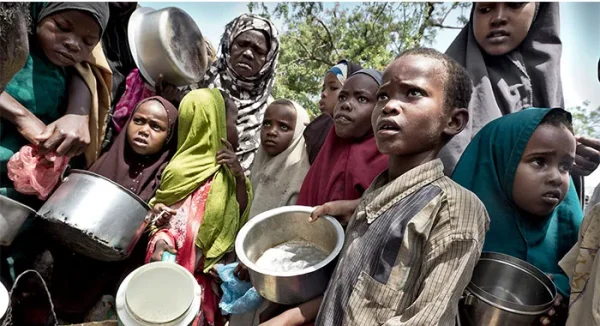Despite the series of economic reforms introduced by President Bola Ahmed Tinubu’s administration, poverty levels in Nigeria remain alarmingly high, according to the World Bank.
In its latest Nigeria Development Update released in Abuja, the Bank revealed that about 139 million Nigerians are still living in poverty, indicating that the reforms have not yet translated into improved living conditions for most citizens.
Presenting the report, the World Bank Country Director for Nigeria, Mathew Verghis, acknowledged that the reforms—particularly the removal of fuel subsidies and foreign exchange unification—have contributed to macroeconomic stability and increased government revenue. He, however, cautioned that these gains have not been inclusive, as millions of Nigerians continue to grapple with rising costs and weakened purchasing power.
Verghis projected that Nigeria’s economy could grow by 4.4 percent by 2027, but warned that sustained progress would depend on effectively tackling inflation, strengthening institutions, and ensuring that growth benefits the poor and vulnerable.
According to the report, government revenue has improved significantly since the subsidy removal, with allocations to states increasing as well. The nation’s foreign reserves have risen above $43 billion, while the exchange rate has become more stable. Inflation, which had been on the rise, reportedly eased for the fifth consecutive month in August.
However, the World Bank noted that food prices remain a major challenge, with poor households spending as much as 70 percent of their income on food. It added that the cost of a basic food basket increased nearly fivefold between 2019 and 2024, eroding the benefits of economic reforms for low-income families.
The Bank further observed that although macroeconomic stability is gradually returning, Nigeria’s growth remains “non-inclusive,” as millions have yet to feel any tangible impact on their welfare.
To address the lingering hardship, the World Bank urged the government to prioritize reducing inflation—particularly food inflation—expand social safety nets, and ensure that public spending directly supports the poor. It also emphasized the need for stronger institutional reforms, improved governance, and enhanced investment in agriculture and infrastructure to make growth more broad-based and sustainable.


